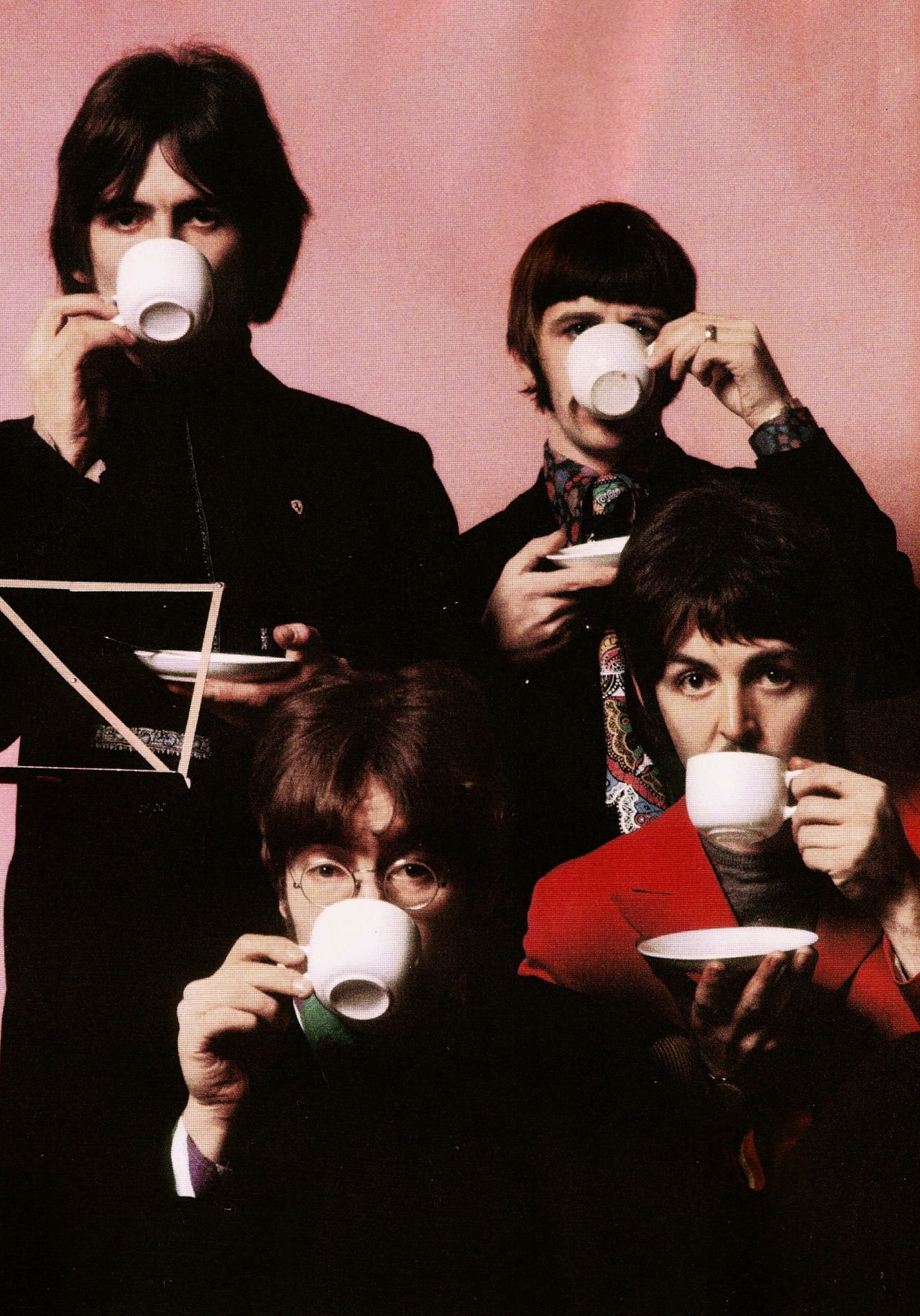We're losing our love for tea here on the island,
Unilever offloads black tea business as UK passion for cuppa goes cold
As a Victorian, I approve.
Tea was not considered quintessentially British until the 20th century, when it was pushed during the 1st and 2nd world wars as it was cheaper to produce and trade, owing to our Empire. Tea production had overtaken coffee by the mid 19th century pretty much because of plantations in our favourite colony - India. However,
"And Britons were really a nation of coffee lovers, not tea drinkers as popular myth has led us to believe. In 1840, Britain imported 28 million lbs of tea, compared with 70 million lbs of coffee."
Victorian Britain: a nation of coffee-lovers
And,
But tea was not always the most popular drink among all classes in Britain. In fact, coffee was the most popular drink for many working-class laborers in nineteenth-century Britain. A quick look at Henry Mayhew’s London Labour and the London Poor confirms that.
“It is less easy to describe the diet of costermongers than it is to describe that of many other of the labouring classes, for their diet, so to speak, is an “out-door diet.” They breakfast at a coffee-stall, and (if all their means have been expended in purchasing their stock, and none of it be yet sold) they expend on the meal only 1d., reserved for the purpose. For this sum they can procure a small cup of coffee, and two “thin” (that is to say two thin slices of bread and butter).”
“At length nearly all the busy marketing has finished, and the costers hurry to breakfast. At one house, known as “Rodway’s Coffee-house,” a man can have a meal for 1d. — a mug of hot coffee and two slices of bread and butter, while for two-pence what is elegantly termed “a tightner,” that is to say, a most plentiful repast, may be obtained. Here was a large room, with tables all round, and so extremely silent, that the smack all of lips and sipping of coffee were alone heard.
[...]
While you might say, “aha! but they did sell tea, so weren’t most people drinking tea?” do consider Mayhew’s take on the subject:
“Coffee is the article mostly sold at the stalls; indeed, there is scarcely one stall in a hundred that is supplied with tea, and not more than a dozen in all London that furnish cocoa.”
Brewing a Victorian Cuppa… Coffee? | Langley Hyde
Unilever offloads black tea business as UK passion for cuppa goes cold
As a Victorian, I approve.
Tea was not considered quintessentially British until the 20th century, when it was pushed during the 1st and 2nd world wars as it was cheaper to produce and trade, owing to our Empire. Tea production had overtaken coffee by the mid 19th century pretty much because of plantations in our favourite colony - India. However,
"And Britons were really a nation of coffee lovers, not tea drinkers as popular myth has led us to believe. In 1840, Britain imported 28 million lbs of tea, compared with 70 million lbs of coffee."
Victorian Britain: a nation of coffee-lovers
And,
But tea was not always the most popular drink among all classes in Britain. In fact, coffee was the most popular drink for many working-class laborers in nineteenth-century Britain. A quick look at Henry Mayhew’s London Labour and the London Poor confirms that.
“It is less easy to describe the diet of costermongers than it is to describe that of many other of the labouring classes, for their diet, so to speak, is an “out-door diet.” They breakfast at a coffee-stall, and (if all their means have been expended in purchasing their stock, and none of it be yet sold) they expend on the meal only 1d., reserved for the purpose. For this sum they can procure a small cup of coffee, and two “thin” (that is to say two thin slices of bread and butter).”
“At length nearly all the busy marketing has finished, and the costers hurry to breakfast. At one house, known as “Rodway’s Coffee-house,” a man can have a meal for 1d. — a mug of hot coffee and two slices of bread and butter, while for two-pence what is elegantly termed “a tightner,” that is to say, a most plentiful repast, may be obtained. Here was a large room, with tables all round, and so extremely silent, that the smack all of lips and sipping of coffee were alone heard.
[...]
While you might say, “aha! but they did sell tea, so weren’t most people drinking tea?” do consider Mayhew’s take on the subject:
“Coffee is the article mostly sold at the stalls; indeed, there is scarcely one stall in a hundred that is supplied with tea, and not more than a dozen in all London that furnish cocoa.”
Brewing a Victorian Cuppa… Coffee? | Langley Hyde

